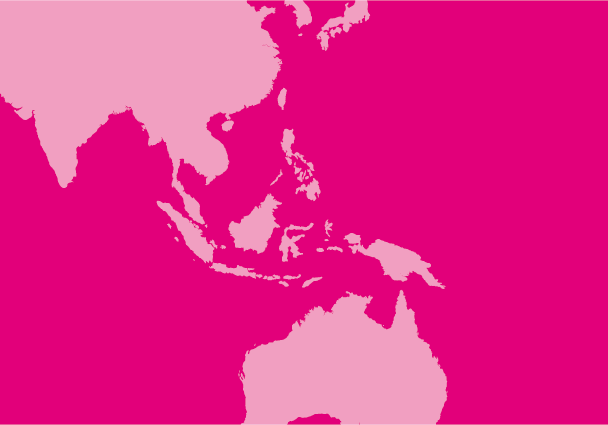The ICJ has urged the ASEAN Intergovernmental Commission on Human Rights (AICHR) to ensure that civil society organizations that apply for consultative status with the AICHR are provided with notice and an opportunity to respond to any objections before a decision is taken.
The AICHR was established in 2009 to promote human rights within the ASEAN region. As part of its mandate, the Commission regularly enters into formal consultative relationships with civil society organizations.
These consultative relationships allow civil society organizations to engage in dialogue with the AICHR in order to keep the AICHR apprised of human rights issues in the ASEAN region and to work jointly to advance human rights.
However, the ICJ is concerned that the AICHR, unlike other human rights bodies, has not explicitly provided in its procedures that civil society organizations should have an opportunity to respond to objections prior to any decision being taken, and in practice AICHR has denied consultative status to organizations (including the ICJ), without providing such an opportunity.
As a result, key voices may be excluded from contributing to important discussions on human rights, the ICJ says.
“Engagement with civil society organizations is central to the AICHR’s mandate,” said Prof. Sir Nigel Rodley, President of the ICJ.
“When the AICHR decides whether to extend consultative status to a civil society organization, it should make its decision based on all available information,” he added.
In a letter to the AICHR, the ICJ called on the human rights body to create a fairer and more effective process by granting civil society organizations applying for consultative status the right to respond to any objections made against them.
The ICJ noted that many intergovernmental organizations already provide this right to civil society organizations.
The United Nations Economic and Social Council, the Organization of American States and the Council of Europe all permit civil society organizations to respond to objections.
The ICJ also noted that a process of response would allow the AICHR to make more informed decisions regarding its consultative relationships and would reduce the administrative costs and increase the efficiency of the AICHR.
Under the current system, civil society organizations that are denied consultative status with the AICHR must submit a full revised application, and the AICHR must review the revised application in its entirety.
In its letter, the ICJ observed that this process is unnecessarily burdensome for both civil society organizations and the AICHR.
The ICJ’s letter comes after the AICHR denied an earlier request by the ICJ for reconsideration. On 16 February 2016, the ICJ received notice that its application for a consultative relationship with the AICHR had been denied.
On 24 March, the ICJ submitted a request for reconsideration addressing comprehensively the concerns raised by the AICHR. On 3 June 2016, the ICJ received a letter from the AICHR stating that the AICHR process does not provide an appeal procedure.
The ICJ has therefore clarified in its latest letter that it is not seeking an appeal but rather for the AICHR to enhance and adapt its existing working methods to incorporate a fairer and more transparent practice of notice and opportunity to respond, and to reconsider its decision concerning the ICJ in line with such working methods.
Contact:
Emerlynne Gil, ICJ’s Senior International Legal Adviser for Southeast Asia, t: +66 840923575; e: emerlynne.gil(a)icj.org
ASEAN-Letter to AICHR-Advocacy-Open Letters-2016-ENG (full text of letter, in PDF)

